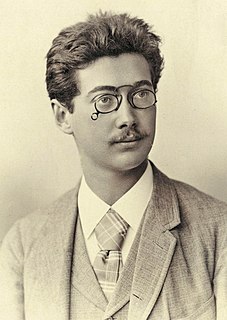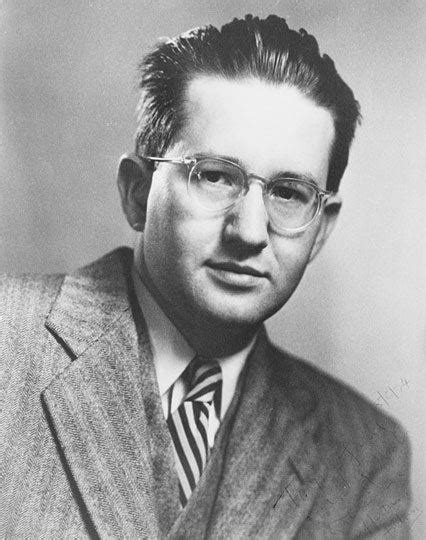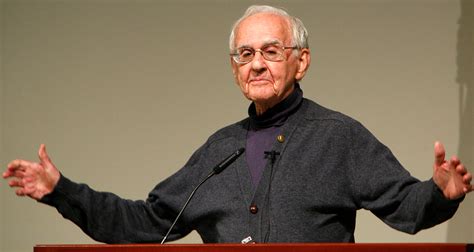A Quote by Gustav Landauer
We are the state, and we shall continue to be the state until we have created the institutions that form a real community and society of men.
Related Quotes
The State is a condition, a certain relationship between human beings, a mode of behavior; we destroy it by contracting other relationships, by behaving differently toward one another....We are the state, and we shall continue to be the state until we have created the institutions that form a real community and society of men.
Cumulatively, American society is sliding toward a new form of 'authoritarian democracy'. Elections continue, free speech is generally protected, institutions operate in accordance with the Constitution, but the reality of state - society relations is dramatically altered by the counter-terrorist claims of emergency rule and the right of exception.
It is no limitation upon property rights or freedom of contract to require that when men receive from government the privilege of doing business under corporate form... they shall do so under absolutely truthful representations... Great corporations exist only because they were created and safeguarded by our institutions; and it is therefore our right and duty to see that they work in harmony with these institutions.
In the first place, the church can ask the state whether its actions are legitimate and in accordance with its character as state, i.e., it can throw the state back on its responsibilities. Secondly, it can aid the victims of state action. The church has an unconditional obligation to the victims of any ordering of society, even if they do not belong to the Christian community. The third possibility is not just to bandage the victims under the wheel, but to put a spoke in the wheel itself.
People who live in states have as a rule never experienced the state of nature and vice-versa, and have no practical possibility of moving from the one to the other ... On what grounds, then, do people form hypotheses about the relative merits of state and state of nature? ... My contention here is that preferences for political arrangements of society are to a large extent produced by these very arrangements, so that political institutions are either addictive like some drugs, or allergy-inducing like some others, or both, for they may be one thing for some people and the other for others.
There is a need to employ public memory, critical theory, and other intellectual archives and resources to expose the crimes of those market-driven criminogenc regimes of power that now run the commanding institutions of society, with particular emphasis on how they have transformed the welfare state into a warfare state.
Somehow, the agenda has been put into the form of talking about a set of transitions from state A, the present, to a state B that's sustainable. The problem is that there is no such state. You have to assume that the transitions are going to continue forever and ever and ever. You have to talk about systems that are continuously dynamic, and that are embedded in environments that themselves are continuously dynamic.
The real thing we tried to look at is what happens to a society when the state is absent. At that point, the state had really withdrawn from Lagos; the city was left to its own devices, both in terms of money and services. That, by definition, created an unbelievable proliferation of independent agency: each citizen needed to take, in any day, maybe 400 or 500 independent decisions on how to survive that extremely complex system.
I think the other side of this is in this balance between the social state and the punishing state, remember, the social state has been decimated. And the question becomes, how is finance capital, how does the 1 percent now resort to governing? And they govern basically through a form of lawlessness and what I call the punishing state, in which we've had a punishment creep, and now it moves from the prison to almost every institution in society, from airports to schools to social services.






























